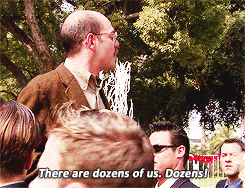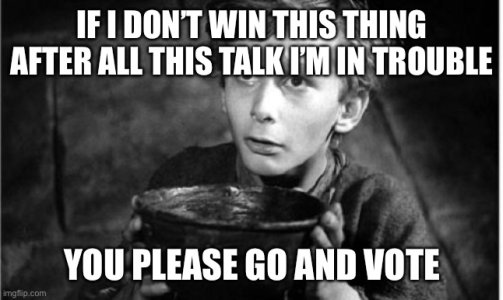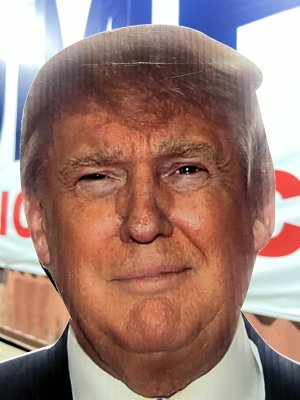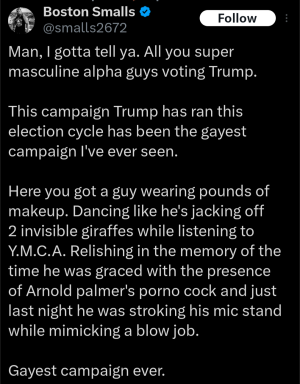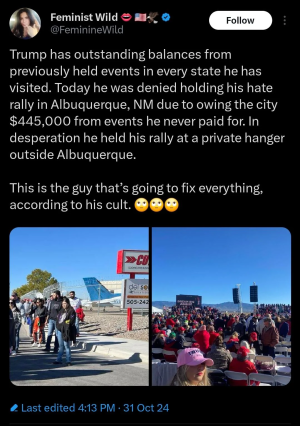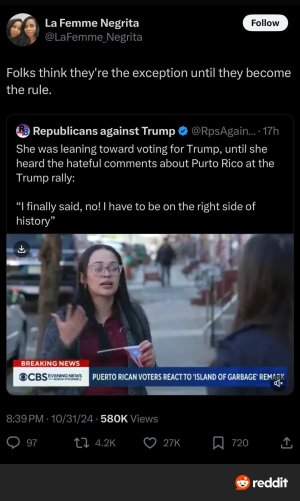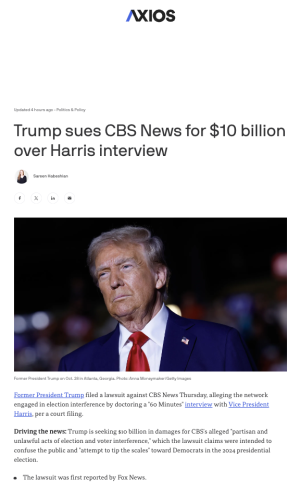I’d like to talk more about the way racism works in Buchanan’s intellectual project. You write in the conclusion to the book that this school of thought advocates “enlisting white supremacy to ensure capital supremacy.” Is it possible to disentangle those two?
So this is a challenge for the left because some of our categories, I think, are not very supple, and are also driven by the political world in which we operate. So for example, as we try to think about what’s going on with these voter suppression measures, the only thing that’s actionable is racial discrimination. Right? And so people think of voter suppression efforts as being motivated by racism. These are these good old boys who hate black people and that’s why they’re doing this.
I think actually what’s going on is that these people are extremely shrewd and calculating, and they understand that African Americans, because of their historical experience and their political savvy, understand politics and government better, in a lot of ways, than a lot of white Americans. And they are a threat to this project because they will not vote for it. So they want to keep them from the polls.
Similarly, young people are leaning left now, and they don’t accept a lot of these core ideas that come from this project, so this project has been very determined to keep young people from the polls. Frankly, if they could keep women away, they would, too. Because they understand that women suffrage opened the way to greater government involvement in the economy, and greater social provision and regulation.
We make a mistake when we think these are just reactionary prejudices, and we need to see them as shrewd calculations to keep people who would oppose this vision away from the polls.
So it’s about power, money.
Not just money. I think it’s also much more about this psychology of threatened domination. People who believe it will harm their liberty for other people to have full citizenship and be able to work together to govern society. And that somehow that goes much deeper than money to me. It’s hard to find the right words for it, but it’s a whole way of being in the world and seeing others. Assuming one’s right to dominate.
Your book calls Buchanan’s ideas a “stealth plan.” How can we, on the left, avoid falling into the trap of conspiracy-theory thinking while trying to understand this movement?
One of the challenges is that our language is not up to the threat that we’re facing. As a scholar, I understand the problem of conspiracy theories. I don’t want to be seen as promoting a conspiracy theory. Not least because this is not a conspiracy, by definition. A conspiracy involves illegality, and the people who are funding, and supporting and promoting this operation have extremely good lawyers and I think they actually do believe in the rule of law, and they are being, with the possible exemption of nonprofit tax law, scrupulously legal in what they are doing.
So conspiracy is not a good word. But on the other hand, this is a vast and interconnected and not honest operation. They say these anodyne things about liberty—like the title of one book is Don’t Hurt People And Don’t Take Their Stuff! And that’s not what this is about. The reality is that they are gerrymandering with a vengeance, to a degree we’ve never seen before in our history; they’re practicing voter suppression in a way we’ve not seen since Reconstruction; they are smashing up labor unions under fake pretenses, not telling people that they actually do want to destroy workers’ ability to organize collectively ... I could go on and on.
They’re doing a lot of things for strategic reasons and not being honest with the public about it. That suggests to me that we need a new vocabulary for grasping what we’re dealing with here. I guardedly used the term “fifth column” in the book, and you know, there’s problems with that term too, but at least it gets at the fact that these wealthy donors that Charles Koch has convened are deeply hostile to the model of government that has prevailed in the United States and in many other countries for a century





















